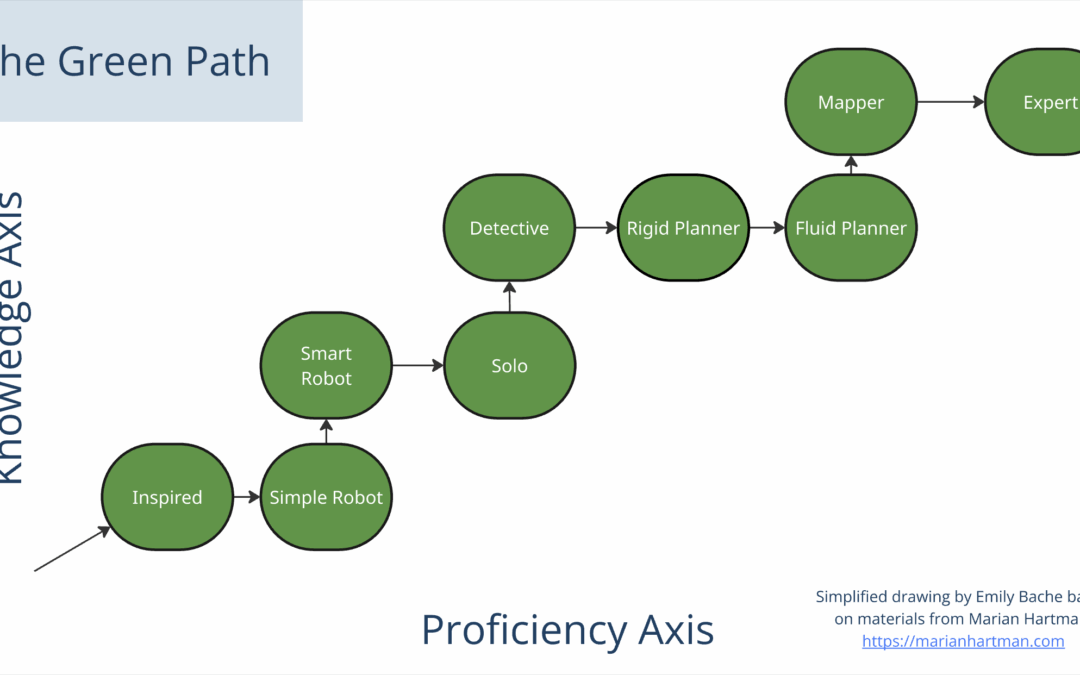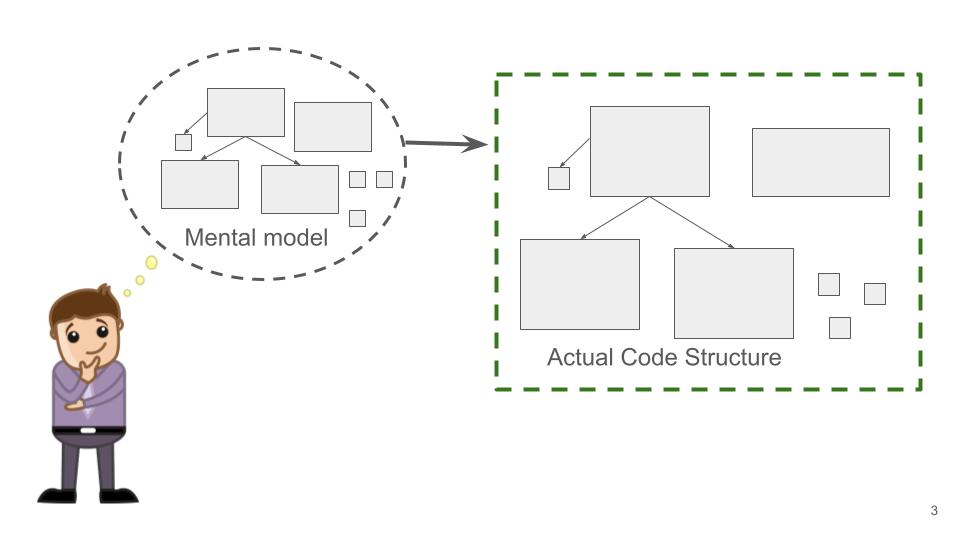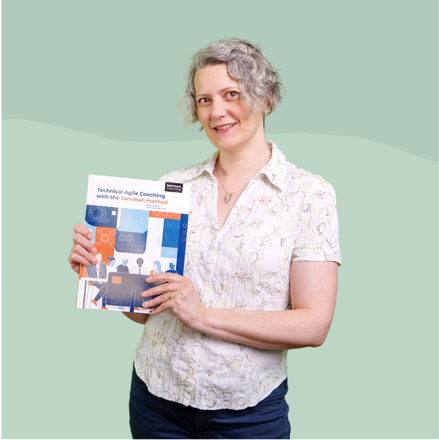This article also appears as a video on the Modern Software Engineering Channel. Developers have been using the Test Pyramid forever to decide what kinds of tests to invest in. This model has also been much criticised as not giving terribly helpful guidance. In this...













